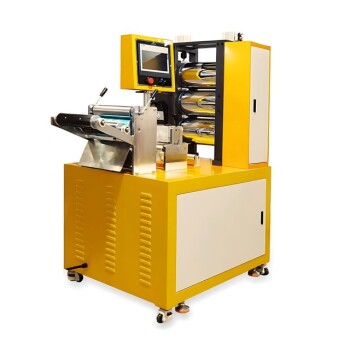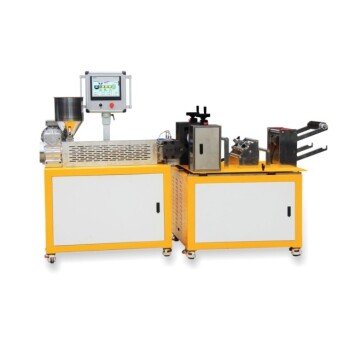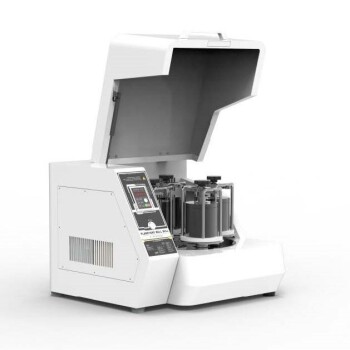At first glance, "calendaring" and "calendering" appear to be simple spelling variations, but they represent entirely different concepts from unrelated fields. "Calendaring" is the common act of organizing schedules and appointments using a calendar. In contrast, "calendering" is a specific industrial process that uses a machine called a calender to smooth and finish materials like paper or textiles.
The core difference lies in their function and spelling: calendaring (with an "a") is about managing time, a concept familiar to everyone. Calendering (with an "e") is about processing physical materials, a specialized term used in manufacturing.
Deconstructing "Calendaring": The Management of Time
The term "calendaring" is directly derived from the noun we all know and use daily. It has become a standard verb in modern professional and personal life.
The Root Word: Calendar
A calendar is a system for organizing days, weeks, and months. It is the fundamental tool for tracking time and planning future events.
The Action: Organizing and Scheduling
Calendaring is the act of using this tool. It involves entering appointments, setting reminders, scheduling meetings, and blocking out time for specific tasks.
Common Contexts
This term is most often used in business and productivity settings. Phrases like "shared calendaring" or "check my calendaring availability" are common in the workplace.
Understanding "Calendering": The Industrial Finishing Process
"Calendering" is a technical term from the world of manufacturing. It describes a finishing process that alters the surface properties of a material.
The Root Machine: The Calender
A calender is a machine equipped with a series of heavy, heated rollers. Materials are passed through the high-pressure gaps, or "nips," between these rollers.
The Action: Smoothing and Compressing
The process of calendering uses this immense pressure and heat to smooth, compress, or impart a specific finish. This can make paper glossier, textiles smoother, or plastics thinner and more uniform.
Industrial Applications
This process is critical in many industries. Papermaking uses it to create glossy magazine paper, textile manufacturing uses it to give fabrics a sheen, and the plastics industry uses it to form thin films and sheets.
The Source of Confusion: Sound and Spelling
The primary reason for the mix-up is straightforward: the words sound nearly identical when spoken. The only reliable way to distinguish them is by understanding their context and noting the key spelling difference.
The Deciding Vowel: 'a' vs. 'e'
The easiest way to remember the difference is to focus on the second vowel.
- Cal
andar is for tracking days. - Cal
ender is for industrialequipment.
This simple association can prevent confusion in written communication, where precision is essential.
How to Apply This to Your Communication
Choosing the correct term demonstrates clarity and professionalism. Your choice depends entirely on whether you are discussing time or manufacturing.
- If your primary focus is schedules or appointments: Use "calendaring" to describe the act of organizing time.
- If your primary focus is manufacturing or material science: Use "calendering" to describe the industrial process of smoothing materials with rollers.
- If you are ever in doubt: Remember that the word you use almost every day, calendar, has two 'a's and relates to time.
Understanding this distinction ensures your communication is precise, accurate, and effective.
Summary Table:
| Feature | Calendaring (with 'a') | Calendering (with 'e') |
|---|---|---|
| Meaning | Organizing schedules and appointments | Industrial process of smoothing materials with rollers |
| Root Word | Calendar (time management tool) | Calender (industrial machine) |
| Primary Context | Business, productivity, daily planning | Manufacturing, paper, textiles, plastics |
| Key Action | Scheduling, planning events | Smoothing, compressing, finishing materials |
Enhance Your Lab's Material Processing with KINTEK
Understanding precise industrial terms like 'calendering' is crucial for manufacturing and material science. If your laboratory relies on high-quality equipment for processes such as material finishing, compression, or testing, KINTEK is your trusted partner.
We specialize in providing robust lab equipment and consumables tailored to meet the demanding needs of research and production environments. From durable rollers to precision heating systems, our solutions help you achieve consistent, reliable results in your calendering and other material processing applications.
Ready to optimize your lab's efficiency and output? Contact our experts today to discuss how KINTEK's specialized equipment can support your specific manufacturing and research goals.





